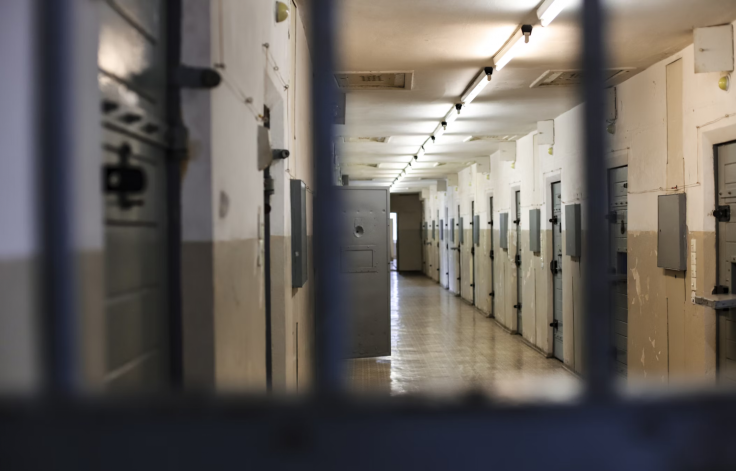Georgia State University Contemplates Closure of Prison Education Program Amid Financial Constraints
ByIn a groundbreaking initiative, Perimeter College, a part of Georgia State University, witnessed a momentous occasion last year as it celebrated the inaugural graduation of incarcerated students.
Despite the challenges of confinement, nine individuals at Walker State Prison defied the odds, donning caps and gowns to receive associate degrees through the university's Prison Education Project (GSUPEP).

A Program at Risk: Facing Financial Hurdles
Established eight years ago, GSUPEP has been a beacon of hope for incarcerated individuals across Georgia. It operates in two state prisons and one federal facility and provides educational opportunities for approximately 60 students. However, the future of GSUPEP now hangs in the balance as university officials contemplate its closure due to financial constraints.
Cynthia Lester, interim dean of Perimeter College, cited the restoration of Pell Grants to incarcerated students as a pivotal factor in the program's uncertain fate. With the reinstatement of these grants, stringent federal standards must be met, placing additional administrative and financial burdens on participating institutions.
Community Outcry and Advocacy Efforts
The decision to shutter GSUPEP has elicited shock and dismay among faculty, students, and alums, who had witnessed the program's transformative impact firsthand. Katherine Perry, an English professor and co-founder of the program, expressed profound disappointment, emphasizing the emotional toll on faculty and students.
Petitions and letters urging the university to reconsider its decision have garnered significant support, with students, alums, and faculty members voicing their solidarity with GSUPEP. LaTonya Penny, chief executive of the Laughing Gull Foundation, underscored the program's invaluable contributions and pledged continued support to prevent its closure.
Navigating Complex Challenges and Advocating for Change
While financial constraints and regulatory hurdles pose formidable challenges, advocates emphasize the broader implications of GSUPEP's closure. Ruth Delaney, director of the Unlocking Potential Initiative at the Vera Institute of Justice, highlighted the societal benefits of college-in-prison programs in promoting rehabilitation, reducing recidivism, and fostering social mobility.
The closure of GSUPEP not only jeopardizes the educational aspirations of incarcerated individuals but also undermines the university's commitment to inclusivity and access to education. As Georgia State grapples with budgetary constraints and regulatory demands, the fate of GSUPEP underscores more significant questions about the role of higher education in fostering equity and social justice.
A Call for Continued Advocacy
As Georgia State weighs the future of GSUPEP, advocacy voices grow louder, calling for a renewed commitment to prison education and rehabilitation. The closure of GSUPEP would not only be a loss for the incarcerated individuals it serves but also a setback for the university's academic excellence and social responsibility mission.
Amidst the challenges and uncertainties, the legacy of GSUPEP serves as a testament to the transformative power of education and the resilience of the human spirit. As stakeholders rally in support of GSUPEP, they reaffirm the belief that education knows no bounds and that every individual, regardless of circumstance, deserves the opportunity to realize their full potential.
© 2026 University Herald, All rights reserved. Do not reproduce without permission.








